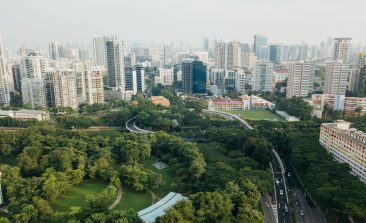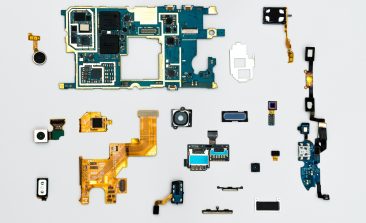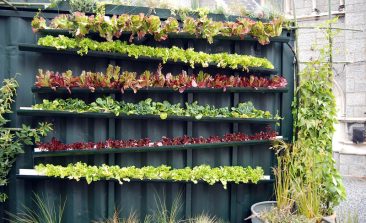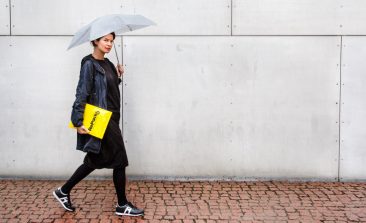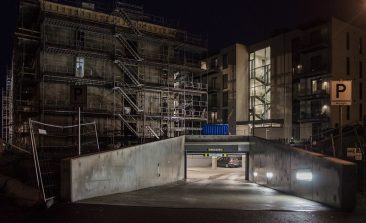9 Results for: circular
Old Becomes New: Concular’s Mission to Digitise Circular Construction
Concular, a company dedicated to advancing circular construction through digital innovations, is introducing key elements such as a building resource passport, a fresh DIN standard, and an online store for reclaimed building materials. This approach not only offers cost savings but also contributes significantly to sustainability.
Giving Old Materials a New Identity: Circular Building With Digital Material Passports
The concept of creating new houses from old materials and components has been around for a long time. Digital material passports are intended to modernise the process.
Digital Twins: Are Smart Images a Key in the Circular Economy?
An image of reality in real time: AI-based digital twins can make recycling more user-friendly for companies - and thus pave the way toward a complete circular economy.
EIBA: Using AI to Support the Circular Economy
The EIBA project is developing an AI that identifies end-of-life parts to help reuse products instead of merely recycling them.
Refarmed: Turning a Copenhagen Shopping Centre Roof Into a Circular Urban Farm
Set to turn one high emission commercial building in Copenhagen into the site of a thriving urban farm, Refarmed is part of a growing movement to transform the way we produce and consume food.
Interview: RePack’s Circular Packaging Solution for Online Retailers and Their Customers
A Finnish startup has come up with a circular solution to cut down on the packaging waste associated with online shopping. We talked to Christine Braun from RePack about the challenges of the market.
Berlin’s CRCLR: a Circular Building for the Circular Economy
Berlin's CRCLR house is the city's first-ever centre for the circular economy.
The Circular Economy Goes Digital
The "circular economy" doesn't just mean recycling. It aims to fundamentally reduce the amount of waste we produce and potentially create a zero-waste society. With the ever increasing digitisation of our daily lives, we now have more opportunities than ever to keep waste levels low.
The Circular Economy as a Key Tool for Tackling Global Challenges
Earlier this month, leaders from 20 major countries met at the G20 Summit in Germany to discuss the biggest challenges of our time. But in the end, no far-reaching or pioneering solutions were brought to the table. But there's certainly no shortage of ideas out there - like, for example, the concept of the circular economy.

